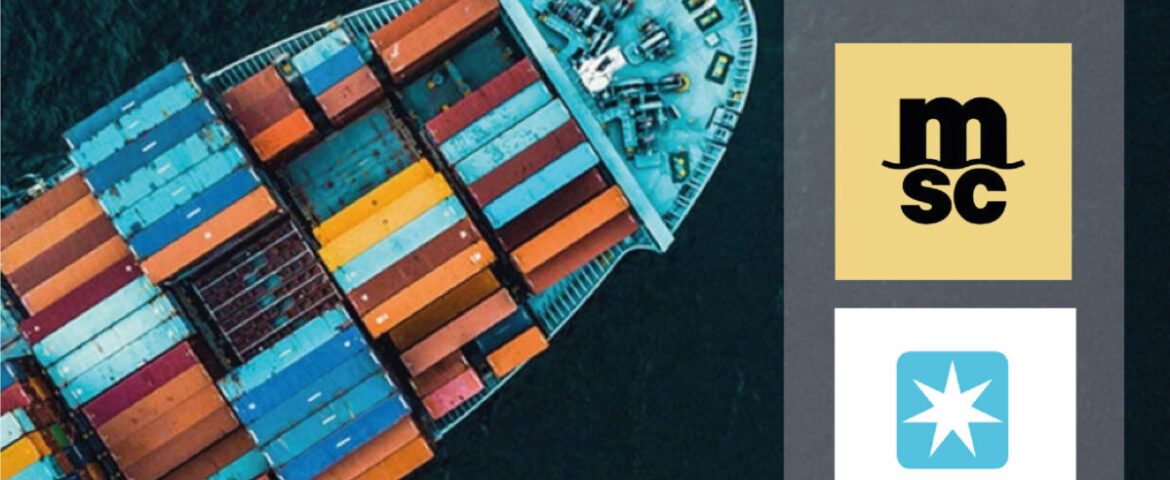 Comment by PortEconomics member Peter de Langen:
Comment by PortEconomics member Peter de Langen:
The 2M breakup in 2025, announced recently, came a bit as a surprise, though especially Maersk portrays it as a logical consequence of their integrator strategy. This integrator strategy implies a focus on providing a larger bundle of services than just shipping.
As a consequence, Maersk needs to control its operations to be able to offer reliability and being able to adjust to disruptions that may emerge. Maersk has been able to grow their integrator volumes substantially the last few years, partly because the scarcity of containers and shipping capacity made it easier to strike long term agreements with shippers.
However, Maersk’s annual report shows Maersk roughly provides land transport for one out of three containers it transports by sea, while it provides logistics services for roughly one out of ten containers in transport by sea. Especially when it comes to land transport, Maersk’s share is not higher than that of MSC. In addition, there are huge differences in the service provision of both in different regions/countries/ports. Therefore, it is problematic for any carrier, including Maersk, to claim to have the best overall logistics value proposition across all important markets.
All of these imply that the maritime service network of shipping lines continues to be a competitive differentiator and perhaps even the most important differentiator for shipping lines. Given MSC has a much larger orderbook than Maersk, and that Maersk’s capacity once 2M is over is lower than that of the two remaining main alliances, this leaves Maersk in a bit of a vulnerable position.
Unless a main shake-up of the other alliances or a take-over occurs, ports will be looking to ensure they have a strong involvement of MSC (through TIL) and Maersk (through APMT) in their port. This is especially relevant given their increasing focus on either a door-to-door or a more extended integrated logistics service bundle. Ports that already have terminals of both (like Rotterdam, Valencia, and Bremerhaven in Europe) may be positioned to benefit from the 2M breakup. And once more, ports and terminal companies are reminded not to take the existing alliance structure for granted; only change is constant.
The comment was first published in Port Strategy












